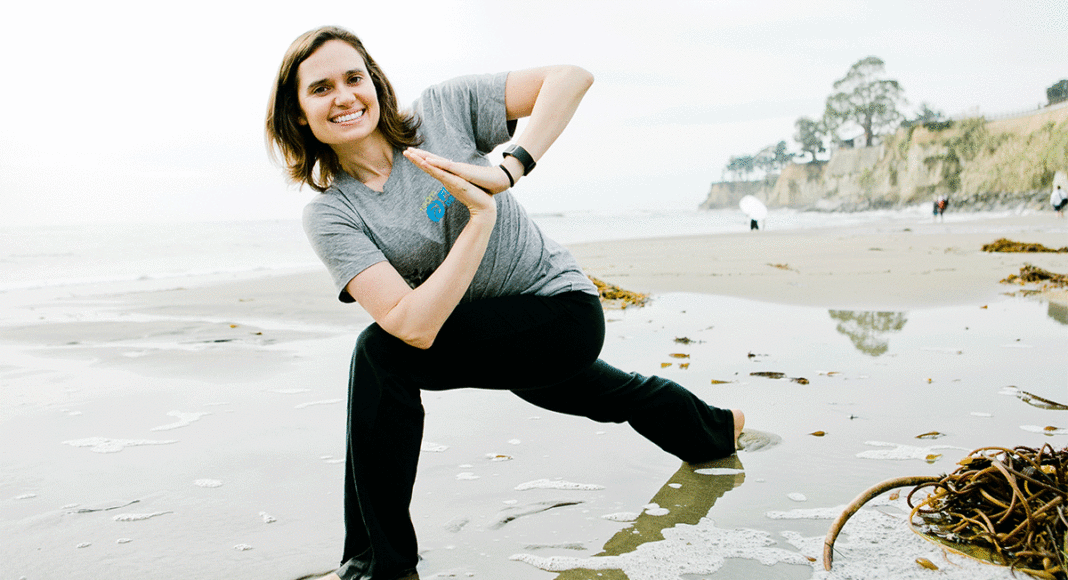Humans are inherently communal creatures, healthiest when we have strong social support. A 2010 review published in the journal PLOS Medicine found that across 148 studies of 308,849 participants, those with strong social relationships had a 50 percent increased likelihood of survival—on par with quitting smoking and even exceeding other well-known risk factors like obesity.
In addition to receiving social support, providing it can also have a positive impact on health. A 2003 study published in Psychological Science found that mortality was significantly reduced in those who reported providing support to their spouses, friends, relatives, and neighbors. Support groups for people dealing with chronic diseases like cancer are one context where both sides of the social support benefits are realized—and a 2009 systematic review published in the Journal of Psychosomatic Research found “sufficiently strong” evidence for the relationship between social support and breast cancer recovery. But sometimes one person’s story can be more moving than the results of a thousand studies. Such is the story of Santa Cruz’s Rebecca Hall Dickson, who was first diagnosed with stage 3 breast cancer at the age of 25, and spent all of 2011 in treatment.
“My first diagnosis was extremely isolating,” she says. She remembers having difficulty connecting with others in her same situation. The turning point came when an organization called First Descents set her up on a week-long kayak trip with other young cancer survivors.
“It was an amazing experience for me to be around other young survivors. They felt the fear, the anxiety, and the pain because they had been through it,” she says. Dickson said this group support meant a lot to her and her battle against the disease. “First and foremost it relieved the social isolation which often accompanies cancer,” she says. “Getting through it with the help of a group is a night-and-day difference versus not having that group support.”
Getting a cancer diagnosis is like having to learn a new language, Dickson says, and group support can help someone navigate all of the different treatments, medications, and side effects. It was during treatment that Dickson really fell in love with yoga, which was one of the only physical activities she could do at the time.
“It helped me a lot mentally and gave me a lot of peace,” she recalls. After treatment, her cancer went into remission, but in 2014 it recurred and metastasized. Not even 30 years old, Dickson was now diagnosed with the most severe stage 4 breast cancer, considered incurable and requiring treatment for the rest of her life. “My second diagnosis really shook me up,” Dickson says, “but it reinforced how much I wanted to teach yoga and help other patients and survivors, because I know how much it helped me.”
Instead of letting her second diagnosis break her, Dickson defied it, and altered her life path to help others. She combined her love of yoga, nature, and group support by starting her own business, Santa Cruz Nature Yoga, which places an emphasis on the rejuvenating benefits of practicing yoga outside. She now offers one free group class per month and one free private session per client through WomenCARE, a local nonprofit that provides support to cancer patients.
Currently, Dickson says her health is good and she’s responding well to treatment. “Given that I’m stage 4, I’m doing extremely well,” she says, adding that even though stage 4 is the one that actually kills, it is also the one often neglected in terms of resources, education, and research funding.
Looking to the future, Dickson is encouraged by the growing cancer support community, especially for younger survivors. In addition to WomenCARE and First Descents, Dickson’s friend April Stearns, another young breast cancer survivor from Santa Cruz, founded Wildfire Magazine (wildfirecommunity.org), a digital publication tailored specifically to young breast cancer patients and survivors.
Dickson notes that social media is also a great source of group support. “I’ve turned more recently to social media, because my situation is so rare for my age,” she says. “It helps me not feel alone and gives me hope. In-person support is best, but the power of social media allows a worldwide sense of community. It is amazing to feel connected to hundreds of others in my same situation.”













